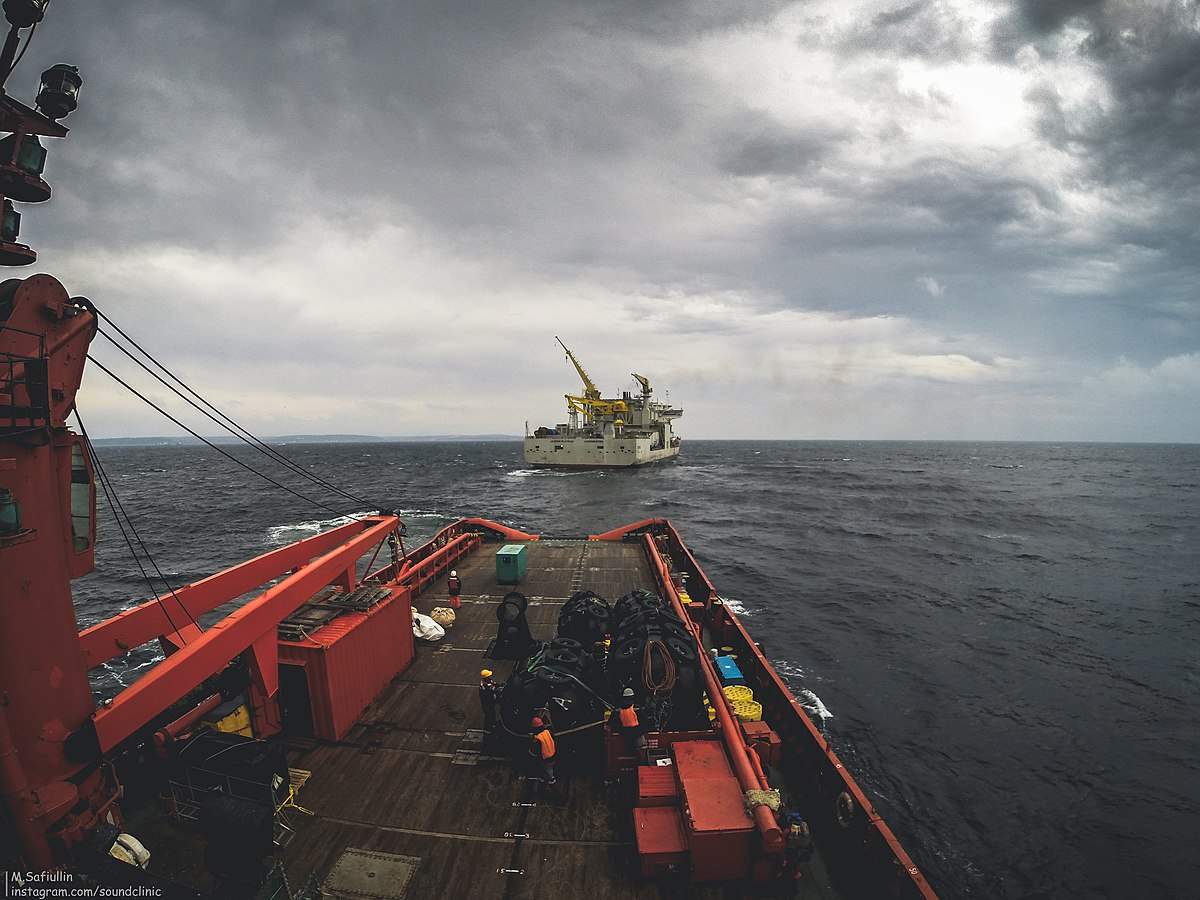Russia is set to reap record revenues from the upstream oil and gas sector in ruble terms over the next six years. As the country’s oil export duties are phased out over the 2019-2024 period by the so-called tax maneuver, Mineral Extraction Tax (MET) rates will increase to compensate. With prices having remained over $70/bbl in recent months, the combination of this tax change, production growth and a weakened ruble mean that government revenues from the oil and gas sector are forecast to exceed their 2014 peak in ruble terms.
Russian oil and gas mineral extraction tax revenue forecast to 2024

| Source: GlobalData Upstream Economics (Forecast), Treasury of Russia (2014-2017 data) © GlobalData |
The tax maneuver will boost already-rising MET revenues. In the first six months of 2018, the government collected RUB2.7tn in MET, compared to RUB1.9tn in the first half of 2017. Rising oil prices had a significant effect as MET rates are directly tied to the Urals crude price. June revenues also saw the effects of production increases as the OPEC+ alliance loosened output caps. The phase out of oil export duties from 2019 will be compensated for by the addition of an equivalent element to the MET rate, so the effect on producers’ net revenue will be neutral. However, the additional MET will apply to all production, not just exports, in order to account for the expected upward adjustment of domestic crude prices to international levels. The resultant additional revenues generated are expected to push MET revenues to all-time highs. The addition of gas export duties and revenues from the pilot of the new profit-based NDM tax may push total budget revenues from the upstream sector over RUB9tn ($132bn). This compares to a 2014 peak in total revenues from the oil and gas sector of RUB7.4bn ($194bn).
Illustration of tax maneuver at $70/bbl

| Source: GlobalData © GlobalData |
The core segment of the Russian upstream sector in providing government revenue is onshore oil. Oil production contributed 87% of MET receipts in the first half of 2018 and this dominance is set to continue as the tax maneuver increases oil MET rates. Although the Russian government has focused significant effort on promoting offshore developments, just 2.4% of MET receipts are expected to come from offshore fields by 2024. This is in part due to the significant tax breaks offered to offshore developments and projects in other areas where the government hopes to stimulate investment. Major projects, particularly those of state-champions Rosneft and Gazprom, often benefit from reductions or exemptions in MET or export duty.
In an effort to promote refinery modernisation and mitigate domestic fuel price increases, the tax maneuver will be accompanied by the introduction of a negative excise tax, rewarding qualifying refiners. However, the government still expects the overall effect of the measures to be positive for budget revenue. The oil and gas sector provides the foundation stone of the Russian budget, contributing 40% of federal revenue in 2017. Price volatility remains a risk as tax rates are directly linked to the Urals price, but at current price levels the revenue forecast appears strong.

US Tariffs are shifting - will you react or anticipate?
Don’t let policy changes catch you off guard. Stay proactive with real-time data and expert analysis.
By GlobalData




